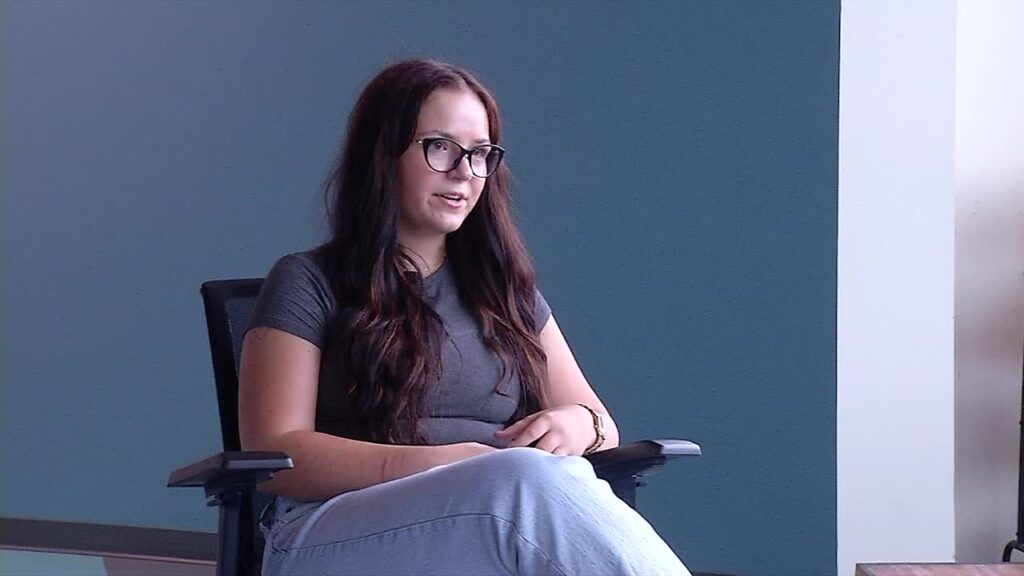Mental Health Collaboration Hub helping connect youth to available beds
A statewide effort to connect young people with mental health care is making a difference. This comes as the state highlights the concerning practice of boarding, during which patients are held at the hospital while they wait for a treatment bed to open.
A recent state report looked at boarding over a two-week period at 33 emergency departments and 13 in-patient units last fall. It showed additional availability of beds would have resulted in a combined 311 fewer unnecessary days in emergency departments for participating kids and adults.
“It’s a known issue this has been honestly happening for decades,” said Todd Archbold, the CEO for PrairieCare, a mental health care provider.
The Mental Health Collaboration Hub is helping youth, however, according to Archbold.
“A secure online resource where hospitals, or boarding centers, as we say, can upload de-identified information of these cases,” he explained. “It matches to all of those care providers across the entire state for very specific services.”
The hub is specifically for those who are stuck in hospital units and emergency departments that are not considered appropriate care for their diagnosis. It is not meant as an alternative to a traditional referral process.
It’s funded by the Minnesota Department of Health, which says from October 2023 to January 2024, the Hub resulted in a 55% reduction in days children or youth boarded.
“We’ve had 365 cases matched in the system. We have 480 individual users and nearly 200 organizations including our state’s largest health systems, counties and dozens of mental health providers,” Archbold said.
It’s encouraging to patients who’ve struggled with their mental health.
“I think that’s awesome,” said Daria Devko, an 18-year-old from Minneapolis who received care at PrairieCare’s inpatient hospital in Brooklyn Park. “I think that more people should hear about this. More people should know they’re not alone.”
Devko was not connected to care through the hub. She was, however, transferred to PraireCare’s facility when she sought care in the emergency department.

“We’re in a mental health crisis and there’s not enough places like this,” Devko said. “I’m very grateful that I was able to be here and get help as many times as I needed.”
Her first inpatient treatment program at a different facility occurred when she was 16 years old. Devko described it as a horrible experience.
“When I hit my junior year I started living alone, and I feel like it really kind of put me in a dark place,” she said. “I was struggling with suicidal ideation, self-injurious behavior, depression.”
An emergency department visit when she was 17 years old resulted in the transfer to PraireCare’s inpatient hospital.
“It kind of changed my perspective of how the inpatient hospital works, how people treat you, what is mental health,” Devko explained.
She is now pursuing her nursing degree and hope to become a mental health practitioner.
“I want to be the one who helps people and the one who makes maybe just a little bit of difference in their life,” Devko said.
She encourages others struggling to reach out for help: “You should prioritize yourself and get the care you need because it’s really important to heal.”